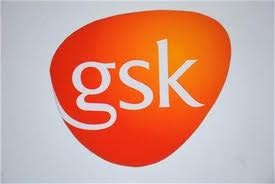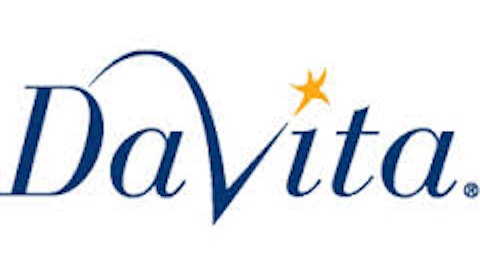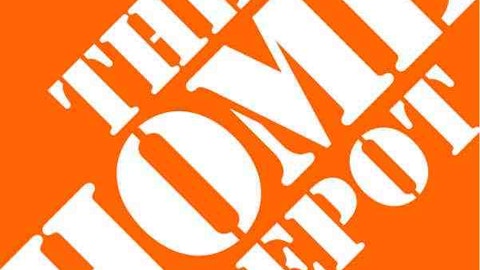
But which stocks should you buy? How about AstraZeneca plc (ADR) (NYSE:AZN)?
The power of Zen
I’ve been a bit rude about AstraZeneca in the past, complaining that its share price has gone nowhere, slowly.
But this FTSE 100 pharmaceutical giant has some impressive admirers, notably income supremo Neil Woodford, so maybe I’m missing something. Should I buy AstraZeneca for my ISA?
This stock crushes cash
There is one big fat juicy reason to buy AstraZeneca. It currently gives you a stonking dividend yield of 6%, one of the best in the FTSE 100.
That 6% yield is twelve times the Bank of England base rate, and three times as much as any “best buy” cash ISA can deliver, which struggle to pay more than 2%.
Yes, shares are more volatile, but they should be more rewarding over the longer term. Over the past five turbulent years, AstraZeneca’s share price has grown 66%, with all those juicy dividends on top.
Show me the cash account that has done that, and I would pour my life savings into it. It doesn’t exist.
Astra’s weakness
Woodford may have put his faith in this pharma, but the market has been divided.
In January, new chief executive Pascal Soriot warned that 2013 revenues would fall by mid-to-high single digits as product patents expired and a blockage of new products in the pipeline.
Total sales fell 16% in the last three months of 2012, to $7.28 billion, and AstraZeneca plc (ADR) (NYSE:AZN)’s share price fell 6% in response.
While rival GlaxoSmithKline plc (ADR) has a flourishing consumer-health care operation, with familiar brands such as Sensodyne, Panadol, Aquafresh, Lucozade, and Nicorette, AstraZeneca is a pure play on pharmaceuticals and treatment development.
This lack of diversification is dangerous, especially in a time of austerity, when governments are desperately squeezing health budgets along with everything else.
To Russia with hope
Similar to many FTSE 100 companies, AstraZeneca is looking for a healthy injection of emerging-market growth, with revenue from countries such as China, Saudi Arabia and Russia growing 6% in the fourth quarter.
Management has also been working hard to restructure the business and make it more competitive. A full strategic update is due shortly, and if the market receives it favourably, that could give the share price a fillip.
Despite worries over its product pipeline, AstraZeneca plc (ADR) (NYSE:AZN) still has 71 projects in the clinical phase of development, with another 13 either approved, launched or filed. It also has a joint collaboration with Amgen, Inc. (NASDAQ:AMGN) the world’s largest biotechnology company, to sell five pipeline products.
Think income
AstraZeneca’s dividend yield may thrash cash, but naturally, the yield is riskier. The good news is that the share’s income is covered 2.3 times by earnings, so management has little need to tamper.
The group’s healthy operating margin of 29% provides further defensive solidity.
Earnings per share are set to fall 23% during the current calendar year, although I’m convinced that poor outlook is reflected in the share price.
AstraZeneca currently trades at just seven times earnings, roughly half the 15 times earnings thought to reflect a fair-valued stock. The price could take several years to bounce back, but as a reward for your patience, that 6% annual income is yours to keep.
If you like AstraZeneca plc (ADR) (NYSE:AZN), you’re in good company.
The article Should I Buy AstraZeneca for My ISA originally appeared on Fool.com and is written by Harvey Jones.
Harvey Jones owns shares of GlaxoSmithKline. The Motley Fool recommends GlaxoSmithKline.
Copyright © 1995 – 2013 The Motley Fool, LLC. All rights reserved. The Motley Fool has a disclosure policy.




